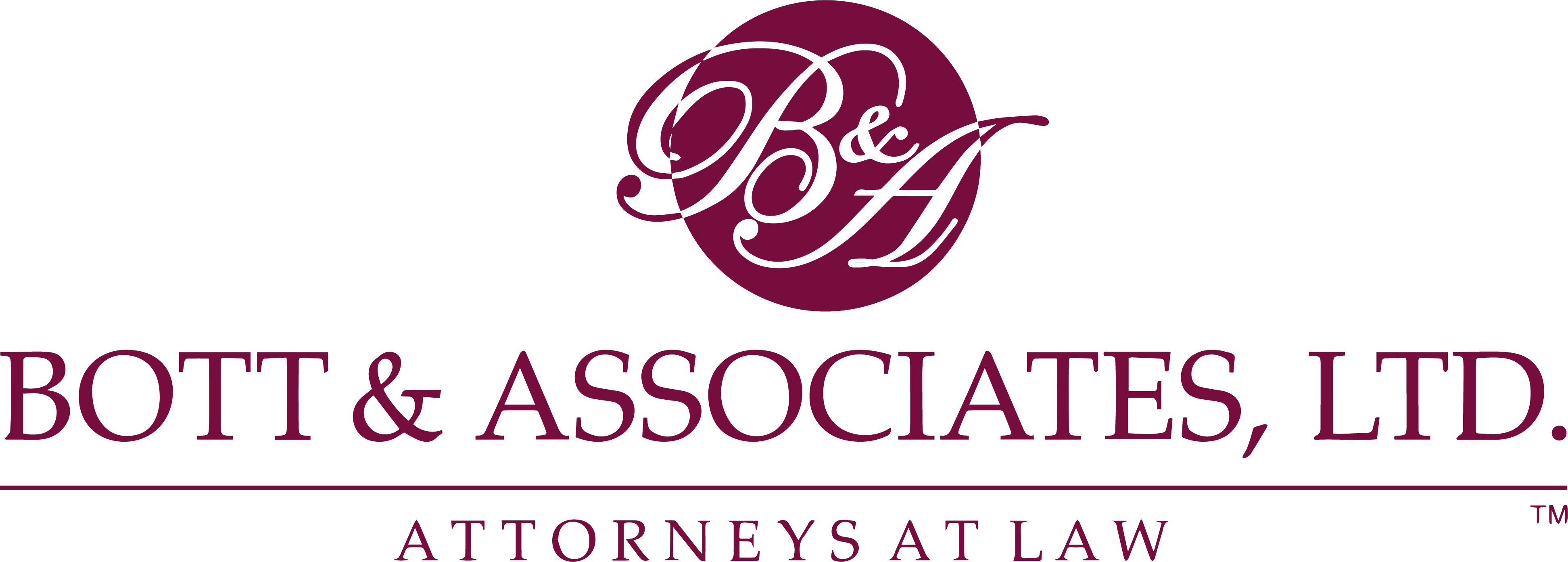Before you can apply for a mortgage, you will need to have a better grasp on what your options are and which of these mortgages is most appropriate for a given situation. You need to think about both your current situation and your long-term financial plans. Let’s start by taking a look at all the mortgage options out there.
Types of Mortgages
Here is a glimpse of some of the mortgages that are available to you in a general sense. This is not advice, nor does it mean that all of these options will apply to your situation or make sense in terms of what you are looking for. Instead, read about these mortgage options with an open mind, and be aware that not all mortgage options are suitable for every situation.
Conventional Mortgages
Conventional mortgages are best for borrowers who have good credit scores. While conventional mortgages are not backed by the federal government, they are still very beneficial under the appropriate circumstances. Conventional mortgages come in two styles — conforming and nonconforming.
- Conforming loans: These follow Federal Housing Finance Agency standards, including on credit, debt and loan size. In 2022, conforming loan limits are set to $647,200 in most areas or $970,800 in places that are deemed high-cost-of-living areas.
- Nonconforming loans: These do not meet FHFA standards. When a loan is needed for a larger home or by borrowers who have mediocre credit scores and a history of bankruptcy, a nonconforming loan may be the best bet. Borrowing costs for conventional loans tend to be lower, with slightly higher interest rates.
Ask for private mortgage insurance or PMI to be canceled when you’ve reached 20% equity. You can pay as little as 3% down on loans backed by Fannie Mae or Freddie Mac. Sellers are able to contribute to closing costs. You’ll need a minimum FICO score of 620. Higher down payments are required than with some government loans. You’ll need a debt-to-income ratio of no more than 43%, though that value may increase to 50% in some instances. You’ll likely need to pay PMI if your down payment is less than 20% of the sales price. Significant documentation is required to verify your income, assets, down payment options and current employment before you can be approved.
Jumbo Mortgages
Jumbo mortgages are ideal for people who have excellent credit scores and want to purchase an expensive home. Some aspects of jumbo mortgages are:
- They fall outside FHFA limits.
- They are more common in Los Angeles, San Francisco, New York City and Hawaii.
- You can borrow more to buy a more expensive home with competitive interest rates.
- Down payments of at least 10% to 20% are needed.
- A FICO score of 700 or higher is required.
- No DTI ratio above 45% is necessary.
- You have to be able to show significant assets in the form of either cash or savings.
Jumbo mortgages require more in-depth documentation before you can qualify. Government-insured loans For those who have a lower credit score and are looking to secure a mortgage that requires a much smaller down payment, government-insured loans may be the answer. There are Federal Housing Authority loans, U.S. Department of Agriculture loans and Veterans Administration loans, all of which are government insured.
- FHA Loans
-
- For borrowers with solid credit in search of a lower down payment requirement
- Minimum FICO score of 580.
- Maximum of 96.5% financing with 3.5% down payment.
- USDA Loans
- Assist borrowers who wish to secure homes in rural locations.
- Designed for people with moderate to low income.
- May not require a down payment.
- Often an upfront fee of 1% of the loan amount.
- Typically require payment of an annual fee.
- VA Loans
- Offered for members of the United States military.
- Designed to provide flexible mortgages.
- Low interest rates.
- No down payments.
- No mortgage insurance.
- No minimum credit score.
- Cap placed on closing costs.
- Closing costs often paid for by seller.
- More relaxed credit requirements than other mortgage options.
- No large down payment required.
- Often available to first-time homebuyers.
Fixed-Rate Mortgages
Fixed-rate mortgages are best for situations in which predictable payments can be expected. These mortgages often come in terms of anywhere from 15 to 30 years, though certain lenders will permit you to accept terms between eight years and 30 years.
Adjustable-Rate Mortgages
Adjustable-rate mortgages are ideal for people who are not planning to stay for a long period of time in the home they are seeking a mortgage for and feel comfortable risking larger payments down the road. Interest rates can go up or down with market conditions. Read the fine print to figure out how much your rate may increase after the introductory period expires.
- Construction loans are designed for people who want to build their own home, though these loans will come with a higher down payment requirement attached.
- Interest-only mortgages require you to only focus on paying the interest on your loan for the first five to seven years of your loan term. From there, your monthly payment will increase as you pay your principal.
- Piggyback loans are another option. The first loan is for 80% of the total home price, while the second loan covers 10% more of the price. A down payment of 10% is required, and while you can avoid PMI with a piggyback loan, you’ll have to work with two sets of closing costs and two loans that will both accrue interest over time.
- Balloon mortgages result in a large payment at the end of the loan term. Payments are based on a 30-year term for seven years, and from there, a large payment for the outstanding balance must be made in a timely manner.
With a better idea as to the type of mortgage that will work best for you, it’s time for you to start shopping around. Consider closing costs, fees and discount points as well as ways by which you can lower your potential interest rate. Work with a planning expert to make sure your mortgage fits in with your long-term plans. Speak with multiple lenders and ask about their loan options as well as the costs associated with them. Gather the paperwork that you need. Start by obtaining a preapproval letter to learn about how much you can afford, and then you can begin your search for the home of your dreams. Contact us at Bott & Associates, Ltd today for help!

